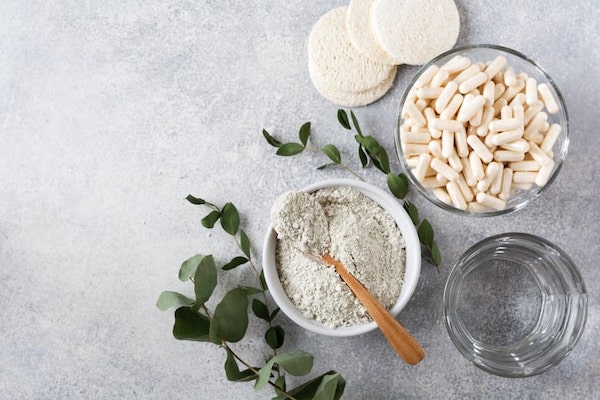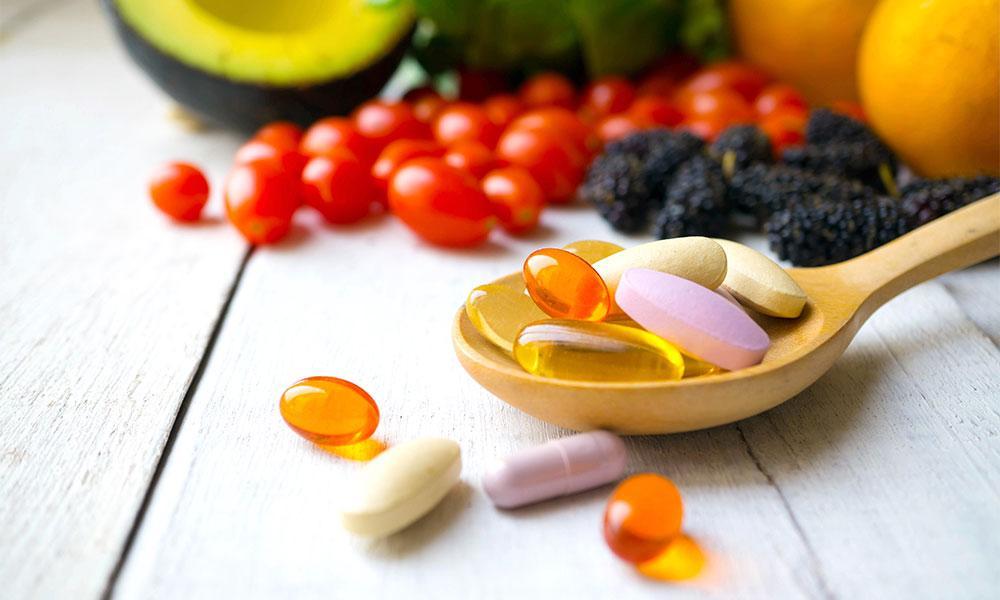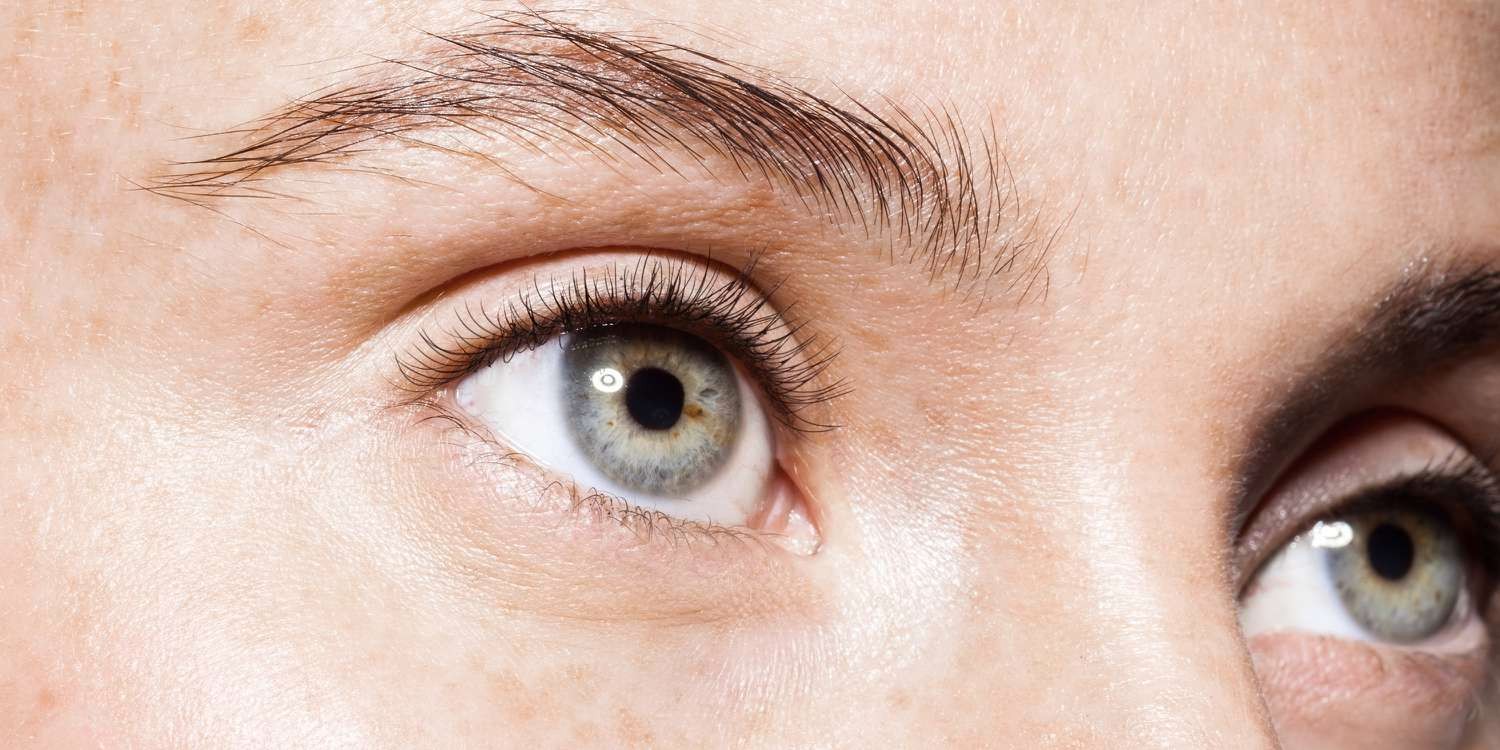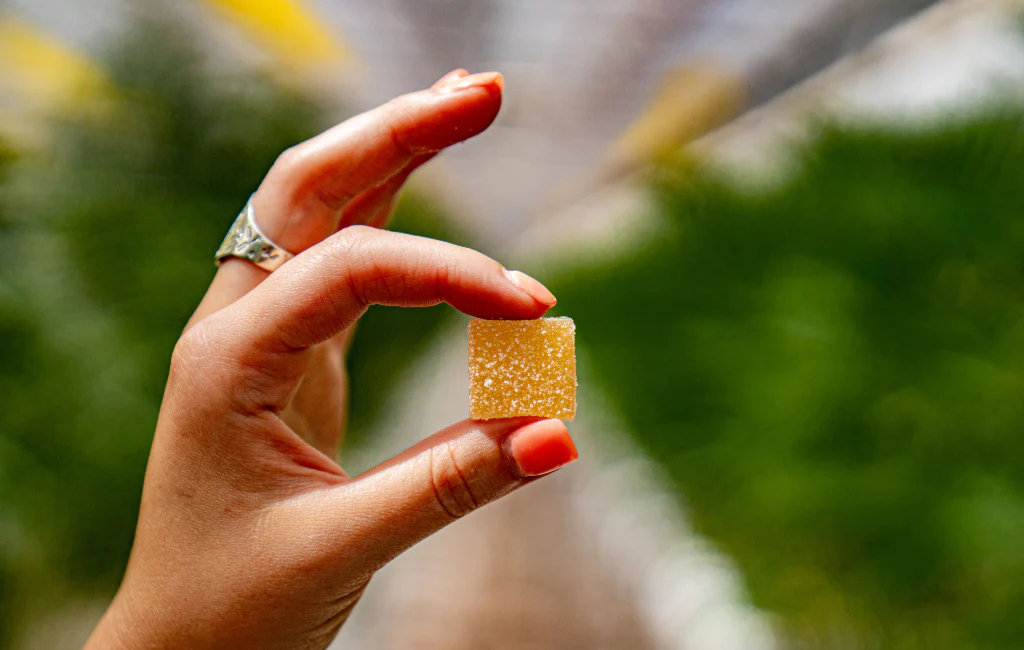Due to their potential muscle-building properties, peptides are gaining popularity for muscle building. But when are they most effective? Before we dive in, let’s quickly review what peptides are. In proteins, peptides are tiny chains of amino acids. Our bodies naturally make peptides, but they can also be created in labs for supplements.
Types of peptides for muscle building
Several types of peptides are used for muscle building:
- Growth hormone hormone-releasing peptides (GHRPs): These help your body release more growth hormone, aiding muscle growth.
- Growth hormone secretagogues (GHSs): Similar to GHRPs, these also boost growth hormone levels.
- Insulin-like growth factor 1 (IGF-1) Peptides mimic the effects of IGF-1, a crucial hormone in muscle growth.
- Body protection compound (BPC-157): This peptide may help with healing and recovery, which can support muscle building indirectly.
When to Use Peptides for Best Results
The timing of peptide use can affect how well they work for muscle building. Here are some critical times when peptides might be most effective:
- Before bed – Taking specific peptides before bed can be very effective. Your body naturally releases more growth hormones during sleep; GHRPs and GHSs taken before bed can enhance this natural process.
- First thing in the morning – Some people find that using peptides first thing in the morning, on an empty stomach, works well. This is another time when growth hormone levels are naturally higher.
- Before workouts – Taking peptides before a workout may help increase energy and performance. This could lead to better workouts and more muscle growth over time.
- After workouts – Using peptides after a workout might help with recovery. This is when your muscles are repairing and growing, so giving them extra support can be beneficial.
- During injury recovery – If you’re dealing with an injury, peptides like BPC-157 might be most effective during this time. They can support healing, allowing you to return to training sooner.
Factors That Affect Peptide Effectiveness

Several factors can influence how well peptides work for muscle building:
- Diet – A healthy, balanced diet is crucial. Peptides work best when your body has all the necessary nutrients to build muscle. This means eating enough protein, carbs, and healthy fats.
- Exercise routine – Peptides aren’t magic. They work best when combined with a good exercise program. Regular strength training is critical to seeing results from peptides.
- Sleep – Getting enough quality sleep is essential. This is when your body does much of its repair and growth work. Aim for 7-9 hours of sleep per night.
- Stress levels – High stress can interfere with muscle growth. Relaxation techniques or meditation can help peptides work better.
- Age – Younger people might see faster results from peptides. Our bodies naturally produce less growth hormone as we age so that older adults might need more patience.
- Consistency – It is essential to use peptides consistently. Following the recommended dosage and schedule will give you the best chance of seeing results.
Before starting any peptide regimen, it’s crucial to consult with a healthcare provider who has experience with peptides. With their assistance, you can choose suitable peptides and monitor your progress. Visit worldhgh.best to learn more about Peptides Most Effective for Muscle Building and their benefits.
Conclusion
Peptides can be an effective tool for muscle building when used correctly. The best times to use them vary depending on the type of peptide and your personal goals. Using them before bed, in the morning, or around workouts can be effective. Muscle takes time and effort. Peptides can help you reach your fitness goals but are only one part of the process.




